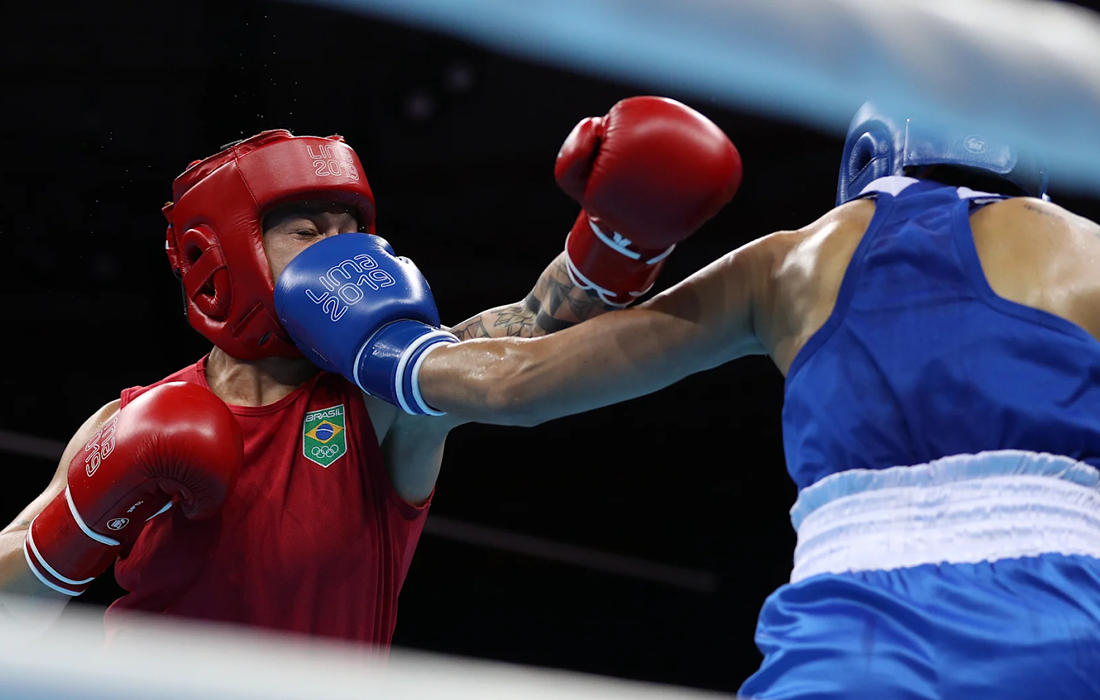Regenerative Medicine News and General Information
New Study Finds Increased Risk of Dementia in Individuals that Practice Box
Boxing is a very popular sport. In some countries like Wales, many have seen it as a means to rise above the poverty of everyday life. The popularity of the sport has been enhanced by a large number of professional foxers. Boxing involves the potential for repeated head trauma that may increase risk of traumatic brain injury and possibly subsequent and earlier onset dementia.
A new study by John Gallacher and colleagues, recently published in the journal Clinical Journal of Sports Medicine evaluated the long term effects of amateur boxing in a population of South Wales, United Kingdom.
Professional boxers have a risk of developing chronic neurological and physical brain damage, formerly referred to as “punch drunk” and later “dementia pugilistica. Over the years, the introduction of tight control of the amateur sport, with shorter bouts and mandatory headgear, means that the change of serious chronic traumatic brain injury is likely now to be much reducen in amateur boxing.
New Study Results
The study began in 1970 and includes men aged 45 to 59 years, living in the town of Caerphilly and surrounding villages in South Wales. Extensive social and medical data were collected at baseline, and the men were requisitioned and re-examined every 5 years for the following 35 years.
When they were aged 65 to 84 years, a battery of cognitive function tests was introduced at the third examination, and repeated at the fourth, fifth and seventh examinations. These studies tested a range of functions and skills including language, praxis, perception, memory, attention, and orientation.
The study included 1,123 men. When corrected for confounding by relevant factors, including early cognitive ability, there was a significant 2-fold difference in cognitive impairment. The onset of dementia was almost 5 years earlier in the men who had boxed, compared with those who had not participated in the sport. A similar advanced onset of Alzheimer disease of 8 years was also shown in a population study of patients whose hospital records showed that they had had a prior traumatic brain injury.
The researchers concluded that the participation in amateur boxing is associated with clinically measurable long-term brain injury, manifested as earlier onset Alzheimer-like impairment.
This study raises questions regarding the risk that boxing and other fighting sports pose to an individual and what are the long term effects in the development of neurodegenerative conditions.
Source:
Gallacher, John, et al. Amateur Boxing and Dementia Cognitive Impairment Within the 35-Year Caerphilly Cohort Study. Clin J Sport Med 2021;00:1–5.
doi: 10.1097/JSM.0000000000000976
Image from:
https://olympics.com/en/news/boxing-india-announce-team-for-youth-world-championship-2021

